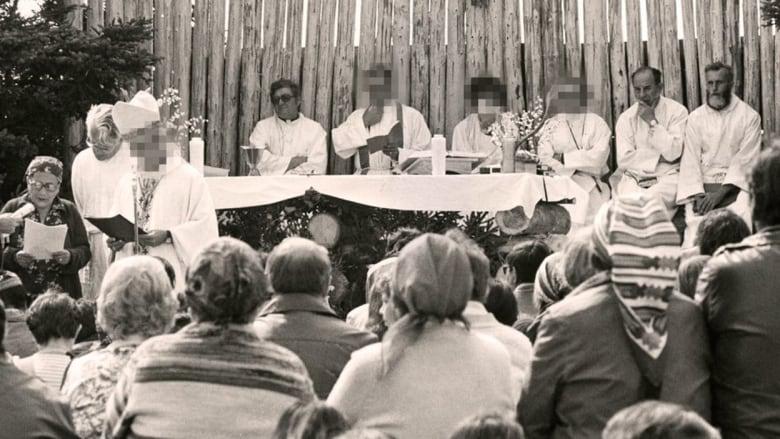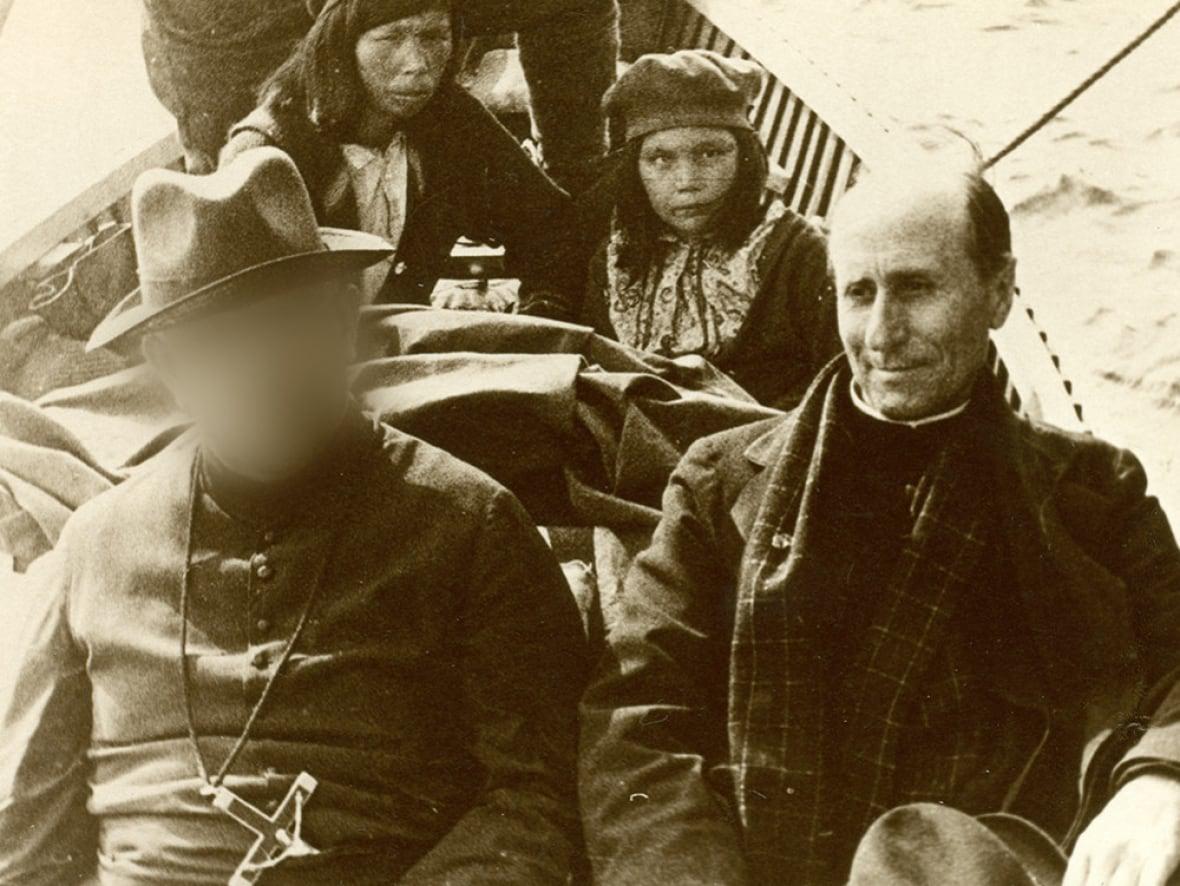|
Class action against Oblate priests jumps to 190 alleged victims from across Quebec
By Julia Page
Sexual abuse by Missionary Oblates first highlighted during MMIWG hearings on Quebec's North Shore A class-action lawsuit launched against a Catholic religious order in 2018 has grown from the initial 30 Innu claimants on Quebec's Lower North Shore to 190 Indigenous and non-Indigenous people from across Quebec. Allegations of sexual abuse by priests with the Missionary Oblates of Mary Immaculate initially surfaced during the federal inquiry into missing and murdered Indigenous women and girls (MMIWG). Those allegations have now multiplied across several First Nations, where the clergy tried to "silence repeated sexual assaults it was well aware of," according to court documents submitted to Quebec Superior Court, in the request for authorization for the class action. The inquiry's stop in Mani-Utenam in November 2017, an Innu community near Sept-Îles, on Quebec's North Shore, revealed decades of alleged abuse against Innu children and women living in Unamen Shipu and Pakua Shipu, on the province's Lower North Shore. Alexis Joveneau, a Belgian priest who arrived in the region in the 1950s, held a tight grip on the Innu communities where he worked, until his death in 1992. Noëlla Mark, who is the main claimant in the class-action suit, said during the MMIWG hearings, that she never talked about the abuse because Joveneau "was considered to be the chief of the village, the head." That public image of a "god-like" figure has since been torn down, says lawyer Alain Arsenault. Fifty Innu women and eight Innu men from Unaman Shipu and Pakua Shipu have since come forward with complaints of sexual abuse by Joveneau. And other members of the congregation have been named in the class action, which hasn't yet been authorized by Quebec Superior Court. Alleged abuse in several First NationsThirty-one people, mainly from the Innu First Nation of Uashat mak Mani-Utenam, have made similar allegations against father Omer Provencher. None of those allegations have been proven in court, at this time. Other priests included in the class action have already been found guilty of acts of a sexual nature. Father Raynald Couture was sentenced in 2004 to 15 months for sexual assault against Atikamekw children. Nine alleged victims from Wemotaci and Opitciwan are naming him as their alleged abuser, in the class-action request. Thirty-three Anishnabe people also came forward with allegations against Father Edmond Brouillard, who was sentenced in 1996 to five years in prison for sexual abuse. Seven Atikamekw people from Manawan claimed to be victims of Édouard Meilleur. And 34 other Indigenous people, as well as 17 non-Indigenous claimants, have come forward regarding allegations of sexual abuse by other members of the order. Out-of-court settlement not yet reachedArsenault says he is not surprised that the number of cases has grown since the case was first presented. There would have been many more, he said, if the COVID-19 pandemic hadn't prevented visits to other communities in northern Quebec. "It's the tip of the iceberg," Arsenault told CBC. Initially, the Oblates stated they wanted to settle out of court to spare the victims further trauma. The congregation also set up a confidential hotline, in English and French, to offer counselling to victims of sexual abuse. But the initial negotiations never led to an agreement, Arsenault said, leaving few options other than pursuing the matter in court. The hotline has since been taken down, according to the lawyer representing the congregation, Charles Gibson. Gibson told CBC the Oblates are still hoping to settle the matter out of court and continue to be open to negotiations. Arsenault said that hasn't been possible because the proposals made so far have been "disproportionate" to the harm caused in the various communities where the Oblates were based. The request for the class action covers alleged abuse that would have happened between January 1, 1950, and December 31, 2018.
|
.
Any original material on these pages is copyright © BishopAccountability.org 2004. Reproduce freely with attribution.

